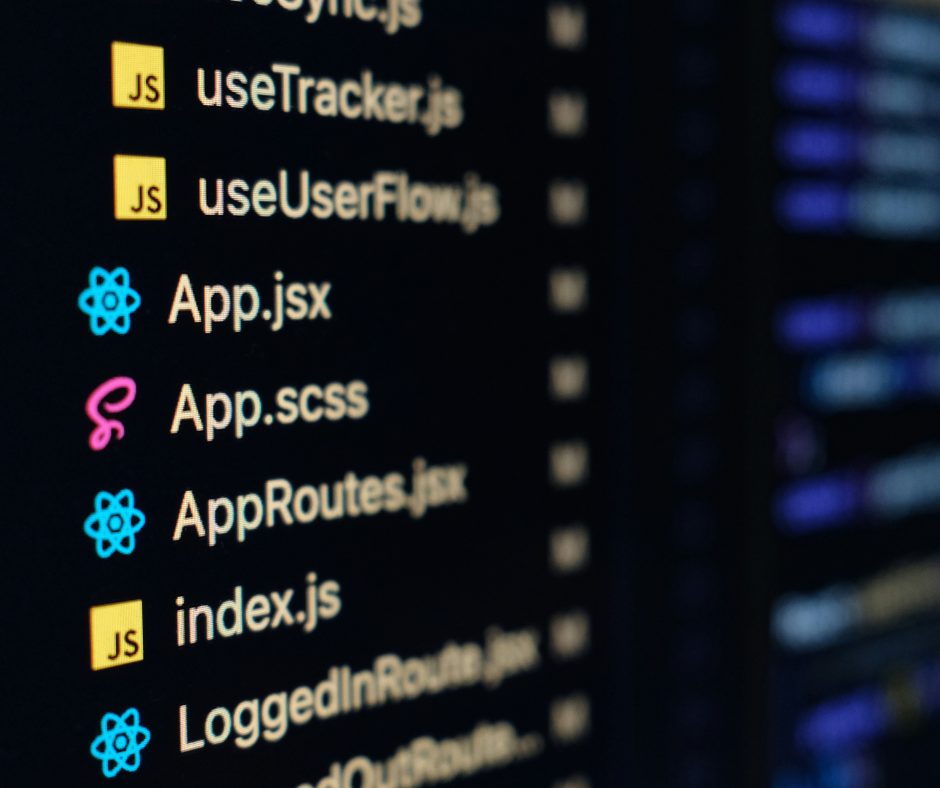Why Choosing the Right Software Development Tools is Critical
In the realm of software development, the right set of tools is not just an advantage; it’s a necessity. As an industry expert, I’ve witnessed how the appropriate tools can transform complex challenges into manageable tasks, and how the wrong ones can turn simple issues into monumental obstacles.
In this article, we’ll embark on a journey through the landscape of software development tools. If you’re aiming to refine your development process or prevent costly mistakes, stay tuned. The insights shared here could be the game-changer in your software development endeavors.
The Backbone of Quality Assurance: Top Software Testing Tools
Software Testing Tools: Ensuring Reliability and Performance
In the quest for error-free software, testing tools are the unsung heroes. They ensure that your software functions as intended under various conditions.
- Selenium: Automates web applications.
- JUnit: For unit testing in Java.
- Jenkins and Travis CI: Help automate the testing and deployment process.
Advanced Testing for Complex Applications
- LoadRunner: Essential for performance and load testing in complex applications.
- Apache JMeter: Simulates real-world stress on software to ensure stability.
Beyond the tools themselves, the approach to software testing has evolved. Modern testing goes beyond just finding bugs; it involves creating simulations of real-world user environments to ensure that the software not only works but excels under various conditions. Tools like Postman for API testing and SoapUI for SOAP and REST API testing are gaining traction.
These tools help developers to ensure that their applications can communicate effectively with other systems, which is crucial in our interconnected digital world.
Evolving with Technology: Software Tools for Machine Learning
Navigating the World of Machine Learning
- TensorFlow and PyTorch: Fundamental frameworks for developing machine learning models.
- Keras: Simplifies the process of building neural networks.
- Scikit-learn: Offers a range of algorithms for traditional data analysis.
As the field of machine learning continues to expand, the need for specialized tools becomes more apparent. Tools like RapidMiner and Alteryx offer advanced analytics capabilities, empowering developers and data scientists to extract more meaningful insights from their data.
Additionally, the emergence of AutoML tools like Google’s AutoML and DataRobot is democratizing machine learning, enabling those without deep technical expertise to create and deploy machine learning models with ease.
Accelerating Product Development: Innovative Software Tools
Streamlining the Development Process
- Git: Manages source code versions.
- Jira and Trello: Keep teams aligned and on track.
Collaboration and Efficiency
- Slack and Microsoft Teams: Integral in maintaining communication within development teams.
Innovation in product development tools is not just about software efficiency; it’s about enhancing the developer experience. Visual programming tools like Bubble and Mendix are revolutionizing how we think about software development by enabling the creation of complex applications through intuitive, drag-and-drop interfaces.
These tools are breaking down barriers, allowing those with limited coding expertise to contribute meaningfully to the development process.
Strategies and Solutions: Integrating Tools with Techniques
The Synergy of Tools and Techniques
- Asana and Monday.com: Streamline workflow when combined with Agile methodologies.
Adapting to Changing Needs
- Docker and Kubernetes: Facilitate better collaboration between development and operations teams.
The integration of tools with development methodologies is not static; it’s an evolving landscape. With the rise of remote work, tools that support distributed teams, like GitHub and Bitbucket for code sharing and version control, have become more crucial.
Furthermore, the adoption of DevSecOps practices is encouraging the use of tools that integrate security into the development lifecycle, like SonarQube and Fortify, ensuring that security is a priority from the start.
Analytics in Development: Tools Shaping the Future
Harnessing Data for Better Development
- Google Analytics and Mixpanel: Offer insights into user interactions.
- New Relic and Datadog: Provide real-time performance monitoring.
Predictive Analytics: A Step into the Future
- Predictive analytics tools: Analyze trends and patterns for proactive development strategies.
The future of analytics in software development is incredibly promising. Emerging tools are incorporating AI and machine learning to provide more predictive and prescriptive insights. For instance, tools like Pendo and Amplitude are not just tracking user behavior but also using data to predict trends and user needs, which can guide future development.
This shift towards predictive analytics represents a significant leap forward in how we understand and respond to user interactions.
Empowering Your Software Development Journey
The landscape of software development tools is vast and varied. Choosing the right tools can empower your team, streamline your processes, and elevate the quality of your software. Remember, it’s not just about having the best tools; it’s about using them effectively to create software that not only meets but exceeds expectations.
As you navigate this ever-evolving field, keep these insights in mind. They might just be the key to unlocking your next big success in software development.






